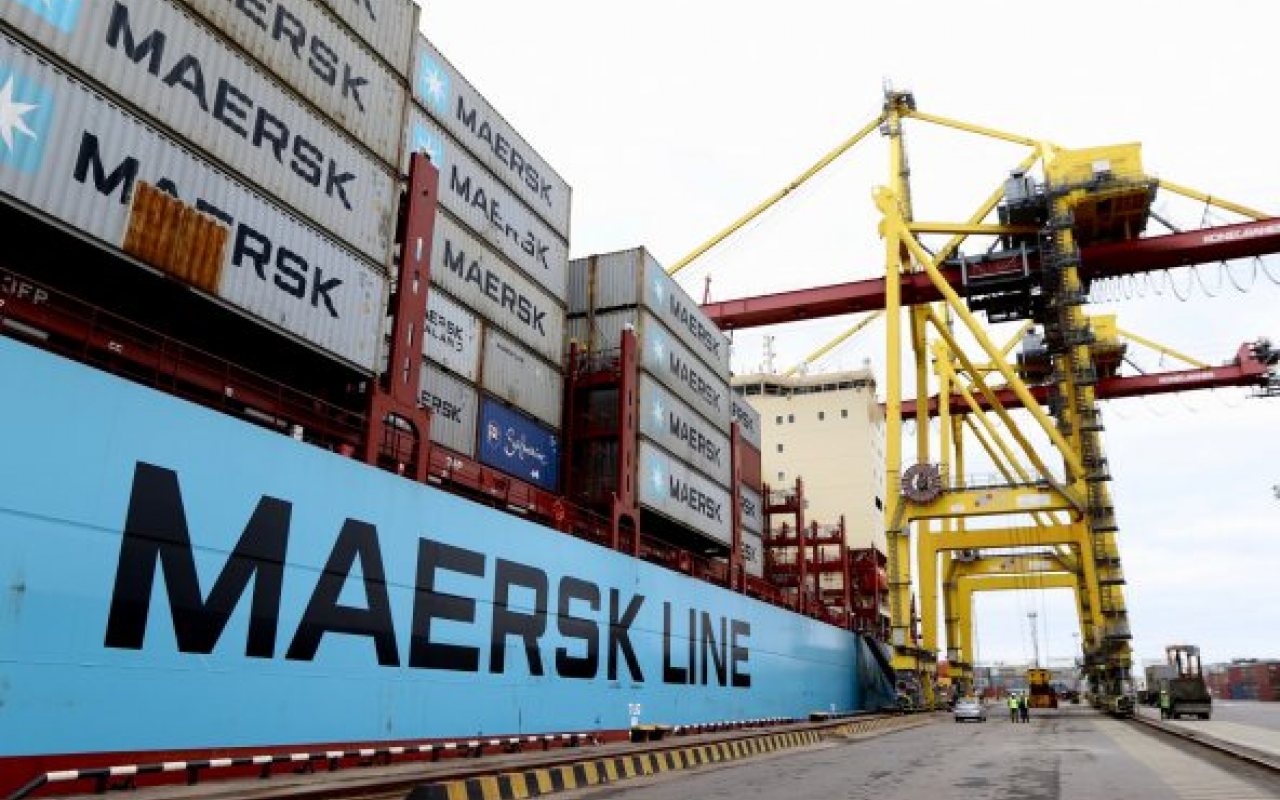The vessel will be a methanol feeder with a capacity of approximately 2,000 TEU and would be deployed on one of the intra-regional Maersk networks.
The aim is to run the vessel on carbon neutral e-methanol or renewable bio-methanol from day one, although the vessel will be able to operate on standard VLSFO. The Institute of Methanol welcomed the announcement.
“Methanol is proven as a clean, efficient and safe marine fuel that offers immediate decarbonization benefits to vessel operators with substantial net GHG reductions, full compliance with IMO2020 and a pathway that leads to net carbon neutrality as production of renewable Methanol grows," said Chris Chatterton, Chief Operating Officer of the Methanol Institute.
The announcement comes in the midst of rising customer demand for sustainable shipping chains and the acceleration of demand-support technical advances in the sector.
Maersk's current fleet replacement plans include both the methanol-fueled feeder vessel and the decision to add dual fuel engines for future newbuildings.
The organization requires CAPEX effects to be manageable. Maersk said that it plans to have $4.5-5.5 billion for 2021-2022 in its CAPEX guidance released last week.
The liner major ended the year with record quarterly earnings, predicting a range of $8.5-10.5 billion in underlying EBITDA for 2021, compared to $8.3 billion in 2020.
Commenting on the prospects of ordering new ships last week, Skou said Maersk needed some of its aging tonnage to be replaced, adding that nothing drastic should be expected.
Maritime Business World

